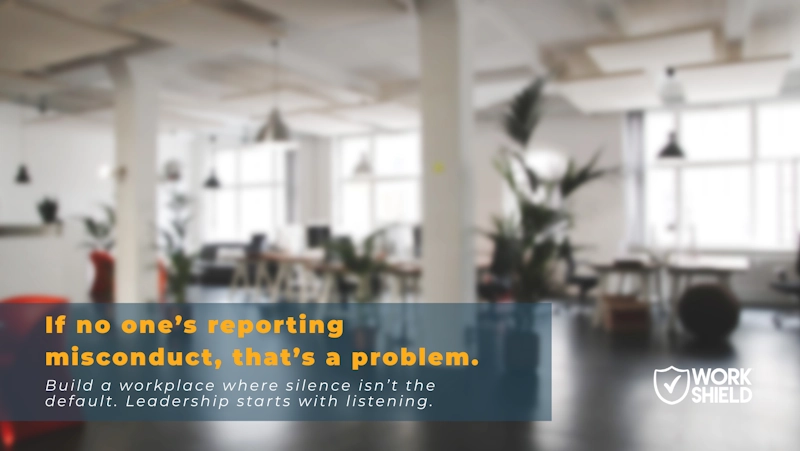Religious discrimination in the workplace is gaining more attention and the stakes for non-compliance are higher than ever. As more employees come forward with reports of antisemitic harassment and bias, organizations face mounting legal, reputational, and ethical risks.
Key Case Details
In one of the most significant legal outcomes in recent history, the Equal Employment Opportunity Commission (EEOC) has reached a landmark settlement with a prestigious Ivy League university, which will pay $21 million to resolve allegations of antisemitism in the workplace. The EEOC alleged that the institution engaged in severe and pervasive discrimination, subjecting Jewish employees to a hostile work environment and failing to take the appropriate corrective action.
According to the EEOC’s press release, the case marks the largest public settlement involving the EEOC in nearly two decades. The class-wide settlement follows an investigation that revealed longstanding patterns of discriminatory conduct and retaliation that violated federal laws.
The Commission’s findings also underscore the broader issue many organizations continue to overlook: the failure to prevent and properly address antisemitism in the workplace, a risk that carries financial, reputational and moral consequences.
When Free Speech Becomes Hate Speech
At the center of the EEOC’s complaint were allegations that the institution failed to intervene when Jewish employees were subjected to antisemitic harassment. While universities often champion free speech and diverse perspectives, this case serves as a stark reminder that freedom of expression must not come at the cost of workplace dignity or safety.
Educational institutions have a tough act to balance free speech with legal responsibilities, but that doesn’t excuse what happened here. When complaints go uninvestigated, reporting systems fail, and harmful behavior is brushed off, it creates the perfect storm for discrimination to take root and thrive.
In any workplace, academic or otherwise, when organizations dismiss or delay addressing employee complaints, they risk crossing a critical line from negligence to liability.
Addressing Antisemitism in the Workplace
While antisemitism is often regarded as a societal issue, the workplace is not immune. In recent years, the EEOC has sharpened its focus on combating religious discrimination, specifically antisemitism, by providing clear guidance, tools, and public education initiatives for organizations.
The EEOC published a fact sheet outlining what to do if you face antisemitism at work. This resource emphasizes that anti-Semitic harassment is illegal under Title VII of the Civil Rights Act and must be addressed with seriousness and urgency.
Further cementing its stance, the EEOC issued a unanimous resolution condemning antisemitism and other forms of religious bias, signaling a zero-tolerance approach to discrimination and hate in the workplace. The resolution reinforces the organization’s legal obligation to protect practicing employees and religious minorities from unlawful treatment.
To support compliance, the EEOC also maintains comprehensive guidelines on preventing and addressing religious discrimination. Key areas include:
- Accommodating religious practices
- Identifying unlawful harassment based on religion or belief
- Fostering an inclusive work environment
When left unaddressed, antisemitism in the workplace can escalate from microaggressions to systemic discrimination. Organizations must understand that this isn’t just a legal issue; it’s a human one.
What Leaders Can Learn
This historic case offers several lessons for leaders, especially those in complex environments.
- Don’t Delay Investigations. Timeliness is key. Every complaint should be taken seriously and investigated promptly.
- Provide Safe Reporting Channels. Employees must feel secure when raising concerns without fear of retaliation.
- Offer Training Specific to Religious Bias. Education is prevention. Go beyond general DEI programs to address faith-based discrimination.
- Review Your Policies and Practices. Make sure your anti-harassment policies are current, well communicated, and enforced consistently.
- Bring in a Third Party. Internal teams can sometimes miss the mark. A neutral expert promotes fairness, builds trust, and reduces risks.
Work Shield is committed to helping organizations build safer and respectful workplaces where discrimination of any kind has no place. Learn how you can take proactive, lasting steps to protect your people and your organization.





